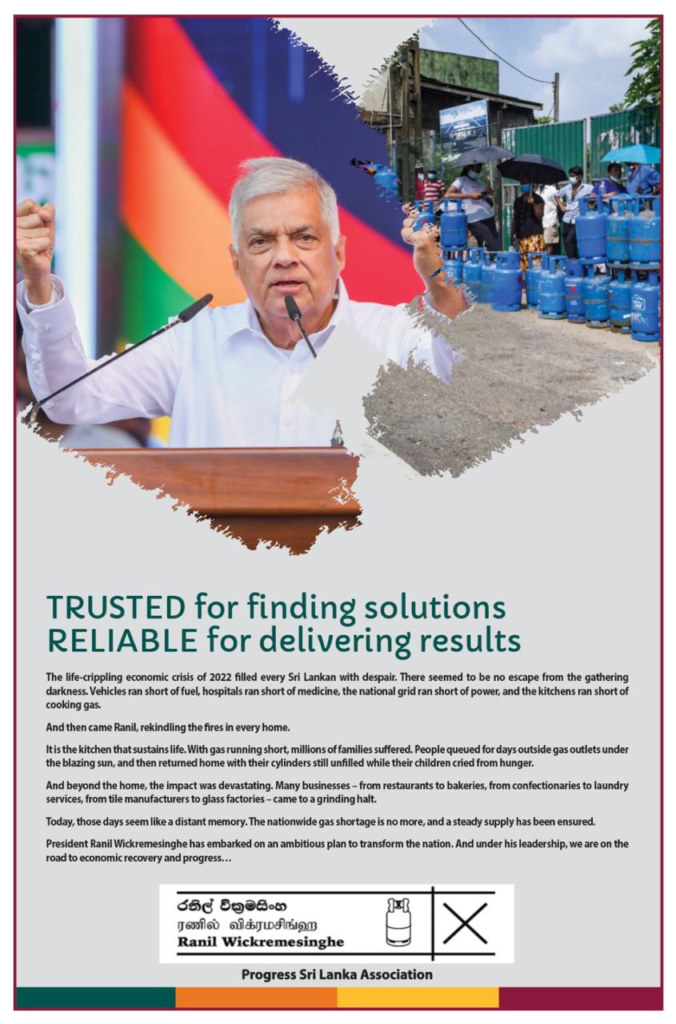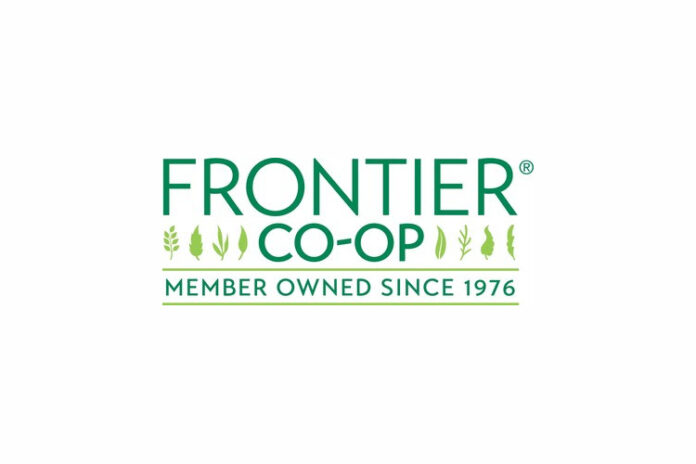By: Staff Writer
September 15, Colombo (LNW): Frontier Co-op has successfully completed its Safe Processing in Cooperative Enterprises (SPICE) development project, which was supported by the United States Agency for International Development (USAID) Cooperative Development Program (CDP).
This multi-year initiative, which began in 2018, aimed to enhance the capabilities of smallholder farmers in Sri Lanka, India, and Guatemala by addressing barriers related to knowledge, infrastructure, and environmental challenges.
The primary goal of the SPICE project was to enable these farmer cooperatives to market ready-to-eat spices and teas to U.S. consumers. Frontier Co-op collaborated with various cooperatives within its supply chain to achieve this goal.
The partners included the Small Organic Farmers’ Association (SOFA) in Sri Lanka, FEDECOVERA in Guatemala, and Young Mountain Tea (YMT) in India.
In India, Frontier Co-op worked with Young Mountain Tea to establish the first farmer-owned tea processing facility in Kumaon.
This facility will benefit approximately 500 farmers, the majority of whom are women, by providing them with higher commodity rates and dividends. If successful, the model could eventually support up to 6,000 farmers, contributing to economic growth and environmental improvements in the region.
In Guatemala, Frontier Co-op’s partnership with FEDECOVERA—a cooperative representing 33,000 farming families—focused on enhancing their processing capabilities.
The introduction of steam pasteurization, grinding, and sterile handling techniques has increased the value of their cardamom, allspice, and turmeric crops, improving their market prices.
Sri Lanka’s collaboration with SOFA involved agricultural training for over 3,500 farmers. This training has led to better farming practices and improved crop yields, benefiting the local farming community in Sri Lanka’s Central Province.
The SPICE project underscores Frontier Co-op’s dedication to organic agriculture, environmental stewardship, and social equity. By supporting these smallholder farmers, Frontier Co-op reinforces its commitment to sustainable and socially responsible practices within its supply chain.
Tony Bedard, CEO of Frontier Co-op, emphasized the organization’s commitment to creating positive social and environmental impacts globally. “This partnership with USAID extends our legacy in sourcing high-quality, organic spices while supporting smallholder cooperative farmers worldwide,” he said.
Raj Vable, co-founder of Young Mountain Tea, highlighted the impact of the project on gender-diverse farmers, noting that the partnership has enabled women farmers to earn significantly more from their harvests and gain additional income through their ownership in the new factory.
Gabriela Delgado from FEDECOVERA also praised the project’s impact, stating that it has brought social, economic, and agricultural benefits to Guatemalan farmers, providing them with greater economic empowerment.
Moving forward, Frontier Co-op will continue to invest in community and business development projects to bolster the long-term resilience of smallholder farmers and their participation in the regenerative supply chain.




